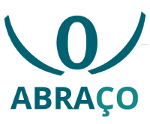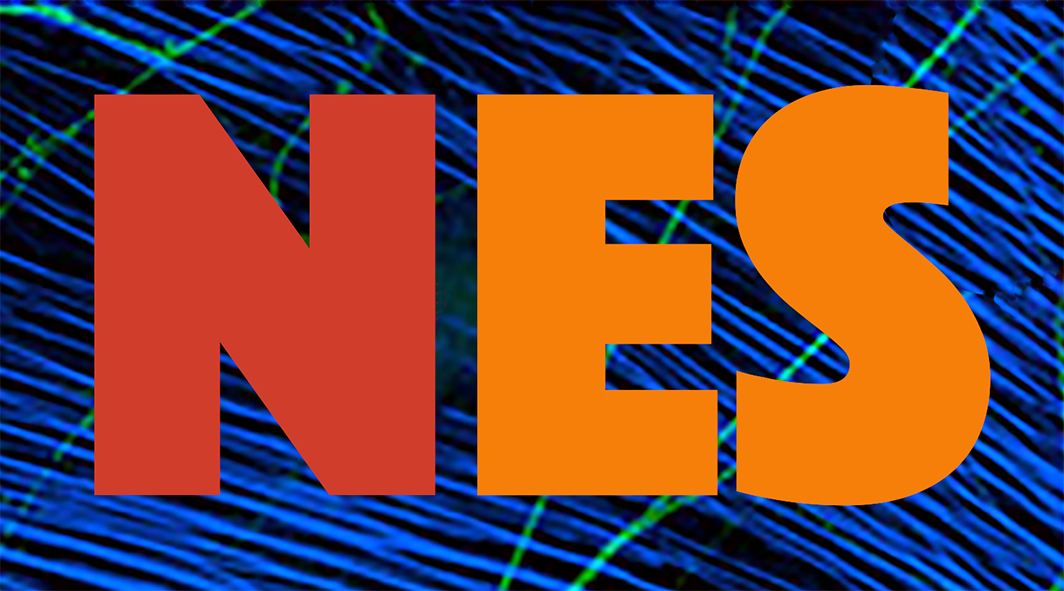
Workshop Transcranial Magnetic Stimulation: Breakthroughs in Instrumentation and Neuromodulation
Events | Jul 24, 2025
 Transcranial Magnetic Stimulation: Breakthroughs in Instrumentation and Neuromodulation is a workshop organized by the Research, Innovation and Dissemination Center for Neuromathematics (NeuroMat) to discuss Transcranial Magnetic Stimulation (TMS) as a methodology to study brain behavior.
Transcranial Magnetic Stimulation: Breakthroughs in Instrumentation and Neuromodulation is a workshop organized by the Research, Innovation and Dissemination Center for Neuromathematics (NeuroMat) to discuss Transcranial Magnetic Stimulation (TMS) as a methodology to study brain behavior.
Seminar Open Science and Scientific Dissemination
Events | Jul 10, 2025
 On September 4th, RIDC NeuroMat will host the Seminar Open Science and Scientific Dissemination - Challenges and Opportunities. This will be a space dedicated to exploring the intersections between innovative research and best practices in education and scientific communication.
On September 4th, RIDC NeuroMat will host the Seminar Open Science and Scientific Dissemination - Challenges and Opportunities. This will be a space dedicated to exploring the intersections between innovative research and best practices in education and scientific communication.
Postdoctoral fellowships
Opportunities | Mar 11, 2025

The Research, Innovation and Dissemination Center for Neuromathematics (NeuroMat), hosted by the University of São Paulo (USP), Brazil, and funded by the São Paulo Research Foundation (FAPESP), is offering two post-doctoral fellowships for recent PhDs with outstanding research potential. The fellowship will involve collaborations with research teams and laboratories associated with NeuroMat, strictly related to ongoing research lines developed by the NeuroMat, for more details visit our website. The project may be developed at the laboratories of USP, campuses of São Paulo or Ribeirão Preto, or at UNICAMP, Campinas, in person.
| NeuroCineMat |
|---|
|
Featuring this week: |
| Newsletter |
|---|
|
Stay informed on our latest news! |
| Follow Us on Facebook |
|---|




